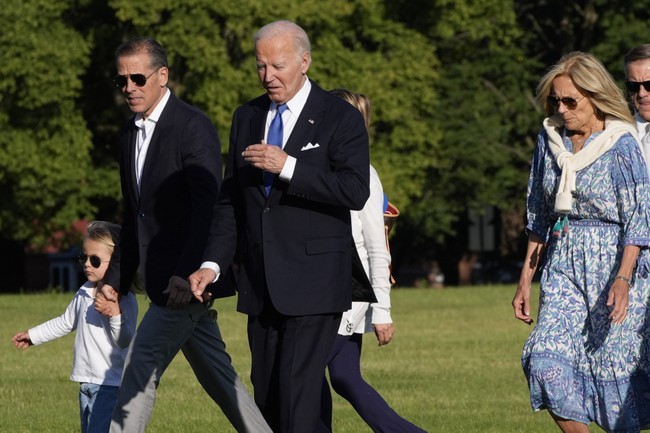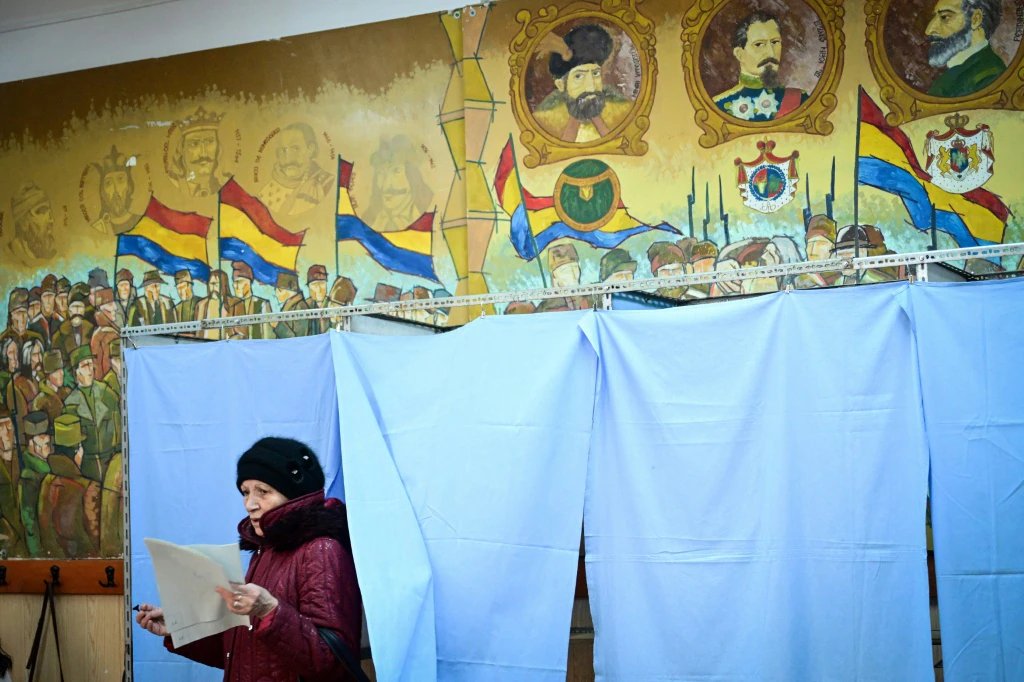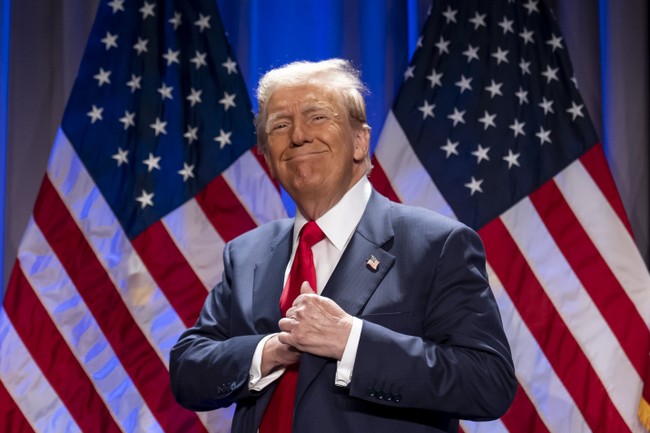Leaders Tackle Global Challenges Amid Political Shifts
A focal point of global discussions has emerged with Argentina's Mendoza set to unite with diverse leadership ideologies, from Trump's partnership with Milei to Macron's diplomatic endeavors.
Published November 17, 2024 - 00:11am

Image recovered from arabnews.com
Argentina has emerged as a significant arena for political developments and international diplomacy, highlighted by recent engagements involving global leaders such as Donald Trump, Emmanuel Macron, and Chinese President Xi Jinping. Javier Milei, Argentina's newly elected president and ardent admirer of Trump, chose Mar-a-Lago as the backdrop for his first diplomatic encounter with President-elect Trump. The meeting underscored the mutual admiration between the two leaders, with Milei praising Trump's impact on the United States while likening his leadership to his approach in Argentina. Milei's unrestrained libertarianism and critique of leftist ideologies were on full display, echoing sentiments often shared by Trump, elevating their bond in the eyes of their respective political bases.
Milei's agenda, however, extends beyond the ties with the U.S. In an unexpected move, he plans discussions with Xi Jinping during the G20 Summit. This development is surprising, given Milei's previous assertions about severing relations with a 'communist regime.' This engagement represents an unforeseen yet significant shift in Argentina's diplomatic stance, aiming to broaden its global interactions despite stark ideological differences. The G20 meeting provides a stage for Milei to navigate these complex relationships while pursuing national interests amidst diverging global powers.
Meanwhile, French President Emmanuel Macron's visit to Buenos Aires highlights the balancing act of global diplomacy. Ahead of the G20, Macron seeks Milei's alignment with international climate agreements, against a backdrop of Milei's controversial withdrawal from the COP29 climate negotiations. France predicates its optimism on the belief that Milei's economic reforms are paving the right path for Argentina, despite domestic contention.
Macron's diplomatic mission underscores concerns over Argentina's recent withdrawal from the Paris Climate Agreement discussions, a decision reflecting Milei's notorious skepticism towards human-induced climate change. His administration's abrupt policy changes and anti-establishment rhetoric continue to challenge conventional diplomatic protocols, creating ripples across multilateral platforms where consensus is vital.
These geopolitical maneuvers are not confined to Argentina. Milei's alignment with Trump and potential interactions with Xi and Modi during the G20 reflect a broader geopolitical realignment amidst a shifting international order. Within these interactions, there lies a potential for fostering new alliances or exacerbating existing tensions, primarily influenced by contrasting governance models and domestic policies that range from populist to authoritarian.
The summits occur amid significant domestic reforms led by Milei, characterized by stringent budgetary cuts and contentious social policies, which have drawn sharp criticism from both domestic and international human rights organizations. These reforms, juxtaposed with his international overtures, portray a complex image of Argentina attempting to redefine its role on the world stage while inwardly grappling with economic realignment and social critique.
Macron has thrust himself into this intricate geopolitical web, advocating for a progressive environmental stance. If successful, his diplomatic efforts could reaffirm France's leadership in climate advocacy and potentially sway Argentina towards a more cooperative stance in global environmental initiatives, thus reinstating its commitment to the Paris Agreement. The outcome of these dialogues could heavily influence the geopolitical climate ahead of the G20 in Rio de Janeiro, where consensus or discord could reshape international alliances.
As Argentina positions itself at the crossroads of global diplomacy, Javier Milei faces a pivotal junction in his presidency. The endeavors to counterbalance traditional alliances with emerging partnerships will determine Argentina's trajectory in the evolving geopolitical landscape. Whether Milei's presidency can maintain domestic stability while effectively engaging in global diplomacy remains an intricate challenge with profound implications for international relations.







